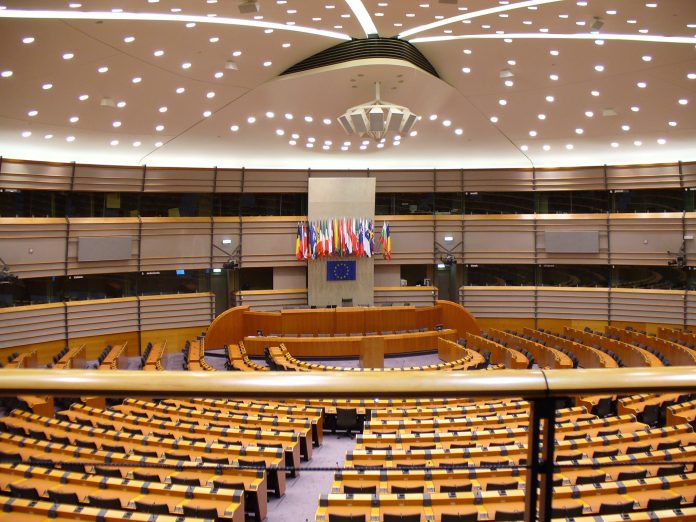The EU and Member States need to provide financial, strategic and practical support, in order to avoid lasting effects of the pandemic for young peple and sports.
Jobs, equality, public health and future generations are at risk, says Culture and Education committee in a resolution adopted Tuesday by 25 votes in favour, 2 against and 2 abstentions.
Prevent bitter disappointment for the future generations
The data by ILO and OECD show disproportionate effects of the COVID-19 pandemic on young people – with education opportunities, volunteering and training opportunities, jobs and income being lost. This is due to fact that young people typically work in the retail, accomodation, tourism and food services, often without proper legal and social protection, MEPs stress. They ask for stronger support to young people in national recovery plans, and warn to mobilize the sectoral programmes (such as Erasmus+, European Solidarity Corps, Youth Guarantee and the Child Guarantee) to help the youth overcome effects of pandemic and “prevent bitter disappointment for the young people and future generations”. MEPs urge the Commission and the Member States to establishing tailored schemes for job retention and creation, as well as upskilling and reskilling schemes. They also point out that COVID-19 crisis is affecting the mental health of young people, by increasing anxiety and fear among and ability to socialise, which risks impacting their whole lives and school-to-work transition. They call to use tailored mental health services and psychosocial support to avoid long lasting psychological effects. They also point out that inequalities among young people are aggravated even more now, hitting hader those who are neither in education nor employment, or training, as well as the young people with fewer opportunities. They call for special approach by the Commission and Member states to protect vulnerable groups, such as young people with disabilities, from disadvantaged backgrounds, living in the rural areas, young migrants and refugees and LGTBIQ+ youth.
Help sports sector recover and survive
The COVID-19 pandemic has had an enourmous economic impact on sports sector on all levels, starting from professional sports to grassroots sports, gyms and fitness centres, athletes, coaches, sport staff, sport events and media, say MEPs. They remind that sports sector accounts for 2.12% of the European GDP and 2.72% of total employment in the EU, representing around 5.67 million jobs. They are concerned about possible lasting damage to the economic potential and employment in sports, as well as for the public health as a whole, and urge Member States to support sports from the national funds, EU structural funds, and recovery and resilience national plans, as well as the EU Health programme. The financial aid, should there be any, must not be limited to major spectator sports only, they warn: recovery measures are of utmost importance for the grassroots sport. They ask the Commission develop an a European approach to tackle this and include short and long term measures aimed at helping the sector cope with the pandemic in the upcoming EU Work Plan for Sport (2021-2024). They call to develop new digital tools, such as sport apps, that could enable the financing of sport activities during the pandemic. Finally, they recommend to initiate a dialogue with European and international sport federations and the Member States to discuss possibilities of reopening venues and continuing major international sport events and urges the Member States and the Commission to coordinate approach regards attendance of stadia, travel restrictions and COVID-19 testing.

